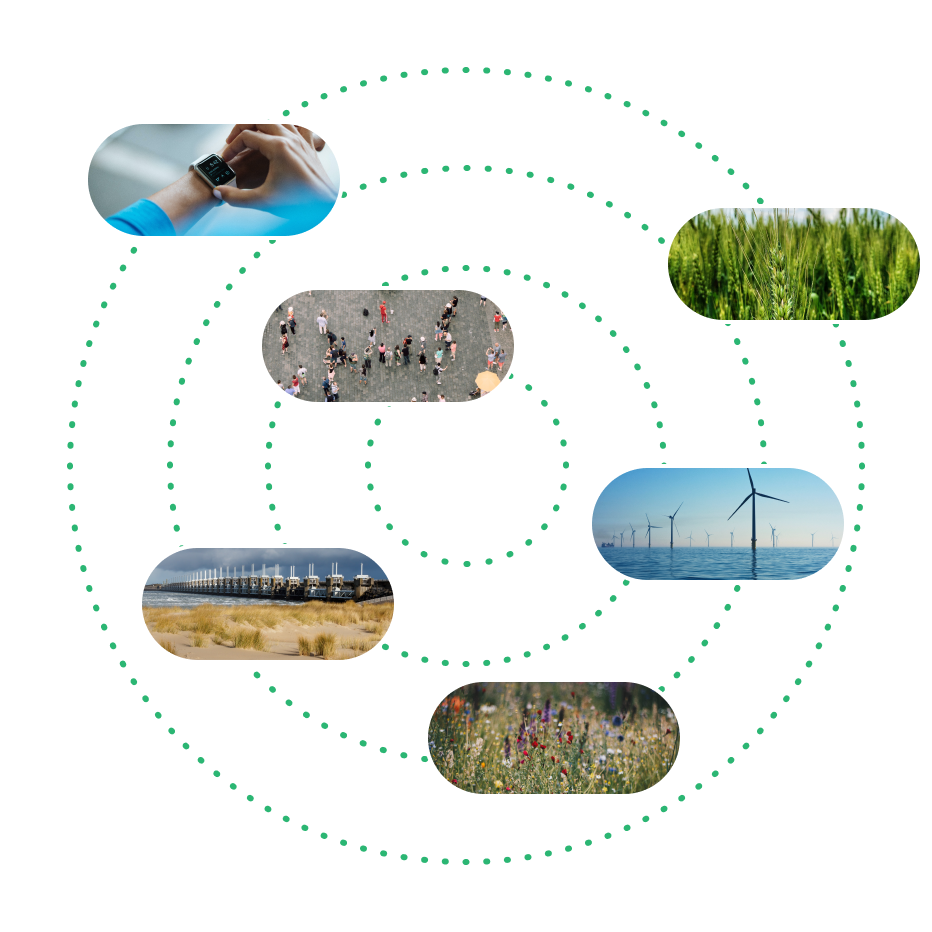Webinar: AMOC collapse – impacts and uncertainties”

Key details
Title: AMOC collapse – impacts and uncertainties
Speaker: Maya Ben-Yami (Technical University of Munich)
Date: 1 April, 2025
Time: 14:00–15:00 pm CET
Admission: Free
Webinar link: Join here (ClimTip main Zoom room) https://bit.ly/climtip-webinar
Key messages
The ClimTIP project is hosting the April edition of its webinar series, this time on the impacts and uncertainties of the Atlantic Ocean circulation shutting down.
The Atlantic Meridional Overturning Circulation (AMOC) is a key element of the Earth’s climate system, transporting large amounts of heat and salt northward in the upper layers of the Atlantic ocean.
A collapse of the AMOC in response to anthropogenic climate change would have catastrophic ecological and societal consequences, with substantial temperature changes in northern latitudes, and a major rearranging of tropical monsoon systems. However, the likelihood of a future AMOC collapse remains highly uncertain, with intense debate over the AMOC’s stability and its observed and predicted decline. The collapse of the AMOC is thus a so-called “high impact, low likelihood event”.
This presentation will first cover the impacts of an AMOC collapse, with a focus on tropical monsoon rainfall, and then discuss whether or not we can know if such a collapse is approaching.
In particular, the presentation will look at the use of critical slowing down as a measure of the changing stability of the AMOC, discussing both the uncertainties of the method and its support from CMIP6 models.
Speakers
Maya Ben-Yami (Technical University of Munich)
Registration details
Registration not required. Join here on the day.

Comments
There is no content